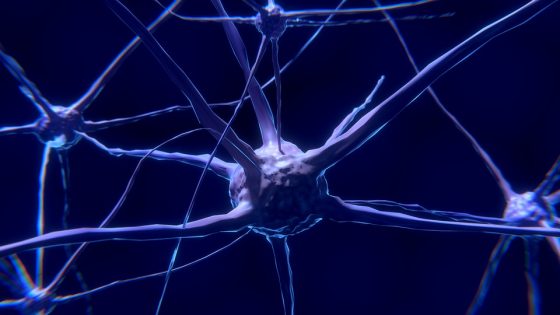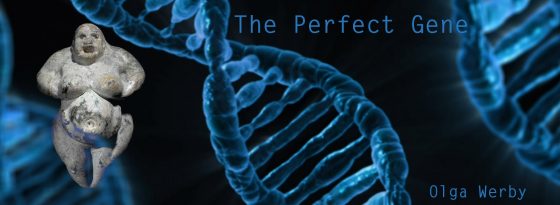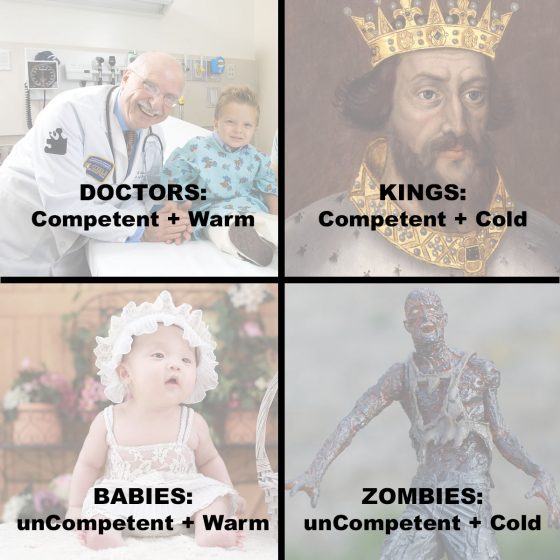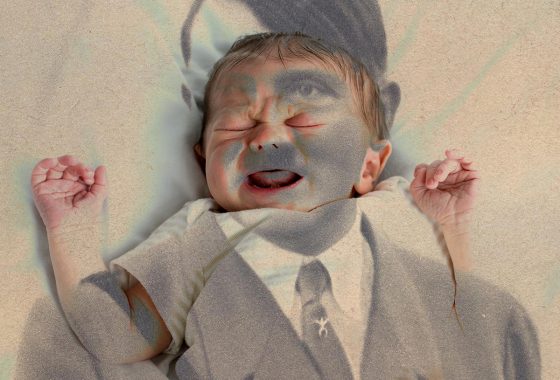
I’m overdue for an update. Usually, I have ideas and themes all worked out (and ebook giveaways all set), but this time it’s different. I still have books to give out, but the main theme of this “sharing” eludes me. So I’m going to write about a few issues that I found interesting in my last month of reading, editing, and watching the news. Reading Last year, I finally bit the bullet and started reading Robert Jordan’s “The Wheel of Time” series. I’m on book 11 now… Robert Jordan (this is a pen name of James Oliver Rigney Jr.) began writing the first book in these series, “The Eye of The World” in 1984 and only published it 1990. Considering just how popular and influential these series were/are, it gives hope for writers like me… I love the world created in these books. It’s very complex and deep (and wide). But I kept finding similarities to other fantasy series I’ve read. Of course, there’s the homage to Tolkien’s “Lord of the Rings” series. But I expected that — those were really the founding high fantasy series that gave birth to all the rest. But there was also more than a…






